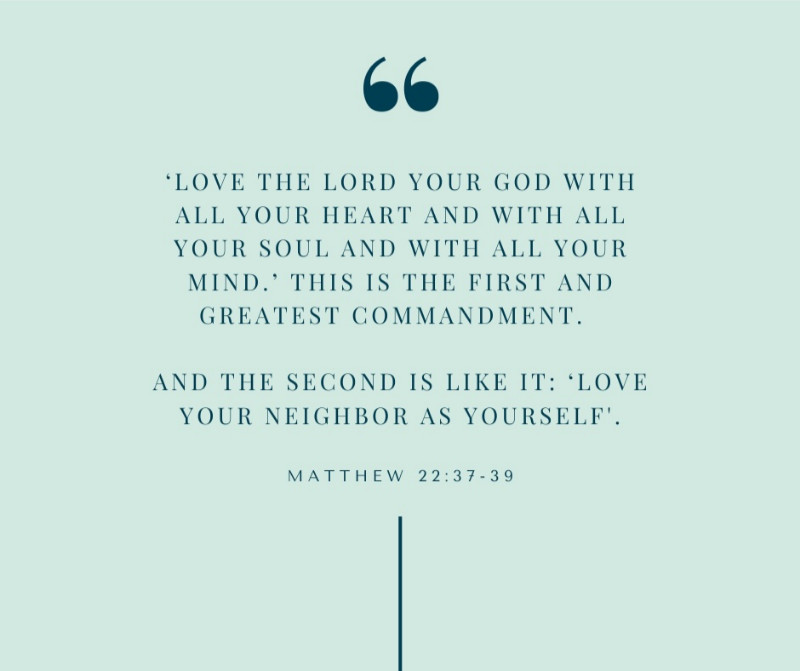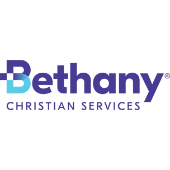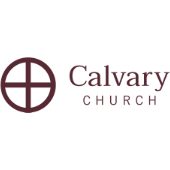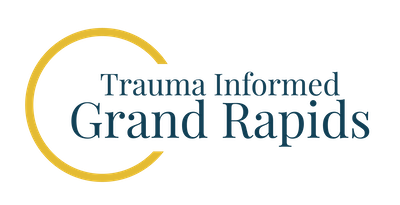Trauma Informed Churches
Why Be a Trauma Informed Church?
In understanding trauma, you will be better equipped to meet the needs of your congregation, help individuals avoid the long-term effects of trauma, and provide a supportive place for people to heal and understand God’s love.
Children are especially vulnerable to trauma due to their age, development, and family situations. As a church, you want to be equipped to meet the needs of all children. Children in foster care, adopted children, or children who have suffered abuse or neglect need adults who understand their needs and their behavior. Young children often cannot articulate what they are feeling or experiencing. As a church we need to understand how their early experiences have shaped who they are, their thoughts, emotions, and behaviors. You will also want to understand how to support parents and caregivers. It begins with awareness and understanding.


Becoming trauma-informed
Trauma is prevalent in today’s world. The National Center for PTSD states that 60% of men and 50% of women experience at least one trauma in their lives. Many people will experience multiple traumas, or ongoing trauma. As a church you will want to be aware of:
- triggers of trauma
- ways to welcome people that create safety and connection
- reasons church attendees may not understand abstract experiences, such as God’s love, peace, or to be able to fully engage in a worship experience
- how to create a place of safety and well-being
Love your neighbor
This is what God has done for us, and what he expects us to do for others. To truly love another, we must understand where others are coming from. By understanding trauma we can be better equipped to meet the needs of others. By meeting their needs we can build a community that reflects God’s love and meets the needs of the congregation and the communities it serves.
I would love to come and talk with your church leaders or church family in a small group or large ministry settings.
Church leaders – I can help you understand the signs and effects of trauma. I will also address the barriers trauma causes.

By being trauma informed you will be able to:
- Provide the needed love and support to help others avoid the harmful effects of trauma.
- Support healing. Trauma is best healed within loving and supportive relationships. The church can be a perfect place of healing.
- Reduce re-traumatization.
- Plan for and allocate resources and ministries that meet the needs of the congregation and community.
- Help the church community learn ways that God uses each of us to help others through tough times in the journey of life.
- How to support the church staff from burnout and trauma.
Our goals in working with the church and faith communities are:
- To help faith based communities understand that they are both a refuge for trauma victims and a healing community.
- Educate faith based communities on what trauma is and what it is not.
- Inform faith based communities on how faith and biology align and the specific ways they can support healing.
- To help faith based communities understand the impact of trauma on faith.
- To give faith based communities the skills they need to understand and work with trauma. We have three models to work with and each model builds on the prior model.
TIGR Trauma Informed Model
- Define Trauma.
- Describe 8 types of trauma (Acute, Complex, Generational, Collective, Traumatic Grief, PTSD, Vicarious, Religious).
- Explain the biological and physiological changes of stress and trauma.
- Explain how trauma changes behavior.
- Describe triggering and how the church can avoid retriggering individuals.
- Explain how trauma can impact faith and how faith can support healing.
- Explain how the church as a community can serve those with trauma and support their healing.
- Describe changes the church community can help individuals build strength and resilience.
- Discuss how understanding trauma can change the way you see faith.
- Discuss how understanding trauma can impact different groups within the church such as divorce care, AAA, grief, aging, adoptive and foster care children/families, early childhood care, adolescents and teens, marrieds, singles, etc.
TIGR Resiliency Model
- Explain the three physiological states of the nervous system.
- Describe mixed physiological states.
- Explain the three layers of resilience.
- Describe the four ways we work with trauma.
- Practice identifying and tracking your trauma.
- Describe three behavioral reactions in each physiological state.
- Describe how to change physiological states.
- Explain 5 research based practices that support mental health and align with faith (mindfulness/prayer, gratitude, self-compassion, meditation, biological support).
- Create a self-care plan.
- Discuss a church care plan.
TIGR Special Groups Model
Young children
Adoptive children, abused or neglected children, foster care. We will discuss the developing brain and the developmental changes that occur with early trauma.
Grief
Grief comes in many forms at all ages. It is one of the biggest stresses we will experience. We will discuss the specific changes in the brain and nervous system that occur when one is grieving. We will also discuss complicated grief and why it is biologically so difficult to heal. Lastly, how the church can support healing in this group.
Divorce
Divorce is an enormous stress on individuals, families, and those they are connected to. We will again discuss the nervous system and why and when there are appropriate and inappropriate times to try and solve problems, discuss issues, or communicate. We will also discuss self-care and tools to manage the distress and communicate well.
Adolescents and teens
During the adolescent years the brain is undergoing big changes. Adolescents are also facing biological changes, changes at school, developmental changes and relational growth. We will talk about these changes and how to successfully support youth through these years.
Marriage and relationships
We will discuss how the nervous system works, how to recognize where your partner, child, parent’s nervous system is, and how to best relate in a successful manner.
Aging and the elderly
This is another group that is going through many stressful life challenges at the same time that the body is also changing. Examples may be retirement, empty nest, medical issues, death and grief, changing living environments, downsizing, and more. How can a church support this group in a way that provides the needed safety, connection, and support needed in the later years of life?
Additional groups that your church may be working with
This may be supporting employees in a way that avoids burnout, helping the homeless, refugees, marginalized groups, those in ministry, addiction groups and more. We will talk about the groups specific to your work.
Participants will be able to:
- Describe one way that trauma impacts each specific group differently.
- Explain one way the church can meet the needs of each group.
- Share the current strengths of your church or faith community in each area and one way to improve service to these groups.
What People Are Saying
I have taken private yoga lessons via zoom with Ginny for the past several months and am enjoying it immensely. Ginny is very knowledgeable, kind and patient. If I am doing a pose or stretch incorrectly she shows me how to do it the correct way. Ginny always explains the purpose and benefit of the various exercises. Ginny teaches a variety of classes and I highly recommend her.
Training Provided To









OUR Mission
To foster healthy and resilient communities where all people can heal and thrive through connection, education, resources, and combined effort.
